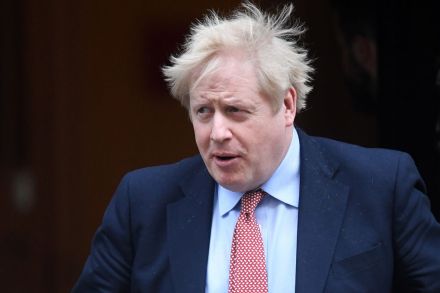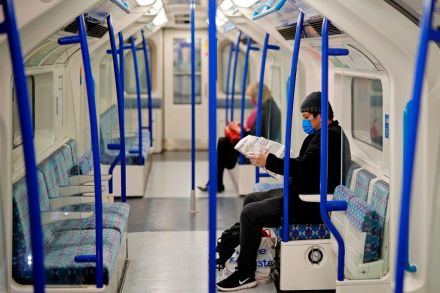Prime Minister taken into intensive care
Last night, Downing Street announced that Boris Johnson is now in intensive care at St Thomas’ Hospital after his condition deteriorated. He is not on a ventilator currently but has been moved there in case he needs one. This is the statement from No. 10: Since Sunday evening, the Prime Minister has been under the care of doctors at St Thomas’ Hospital, in London, after being admitted with persistent symptoms of coronavirus. Over the course of this afternoon, the condition of the Prime Minister has worsened and, on the advice of his medical team, he has been moved to the Intensive Care Unit at the hospital. The PM has asked




















